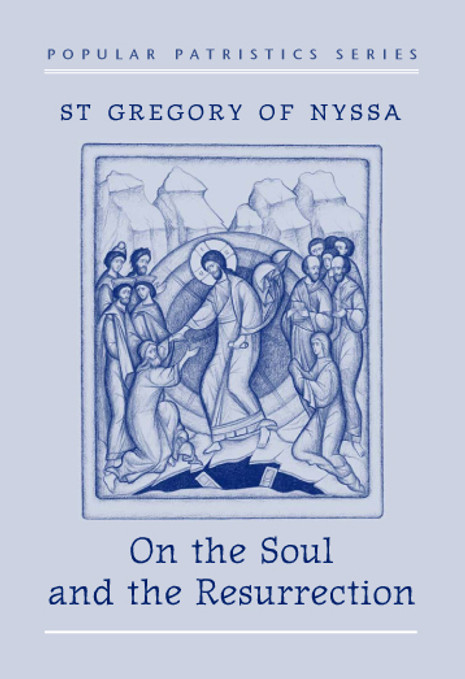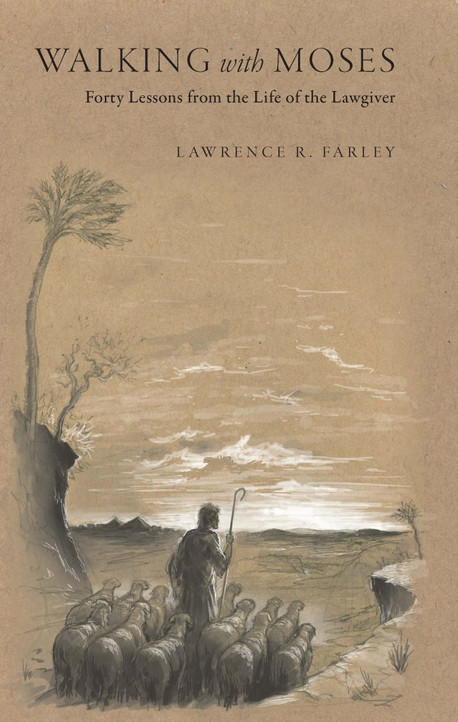THE CLASSICS OF WESTERN SPIRITUALITY SERIES
"Such an experience seems to me to belong to the soul which loves what is beautiful. Hope always draws the soul from the beauty which is seen to what is beyond, always kindles the desire for the hidden through what is constantly perceived... And the bold request which goes up the mountains of desire asks this: to enjoy the Beauty not in mirrors and reflections, but face to face." -Gregory of Nyssa, c.332-395
This great spiritual master of the fourth century was born as the general persecution of Christians was ending. One of the Greek Cappadocian Fathers (the other two were Gregory's brother, St. Basil the Great, and their mutual friend, St. Gregory Nazianzen), Gregory has come to be regarded increasingly as the most brilliant and subtle thinker and most profound mystical teacher of the three. Whether or not one agrees with Jean Danielou who saw Gregory as the founder of mystical theology in the Church, there can be no doubt of Gregory's major importance within the Christian tradition.
The Life of Moses has special significance because it reflects Gregory's "spiritual sense" of the Scriptures. He maintained that the ultimate purpose of the Bible was not its historical teachings but its capacity for elevating the soul to God. Gregory saw the totality of the spiritual life as an "epektasis," a continual growth or straining ahead, as in the words of St. Paul, "Forgetting the past, I strain for what is still to come."
Gregory frames an immensely significant synthesis of the earlier Hellenistic and Jewish traditions in this work. He describes the spiritual ascent as taking place in three stages, symbolized by the Lord's revelation of Himself to Moses, first in light, then in the cloud and finally, in the dark. This translation and introduction, winner of the Christian Research Foundation Award, has been expertly rendered by Professors Abraham Malherbe of Yale University and Everett Ferguson of Abilene Christian University.







